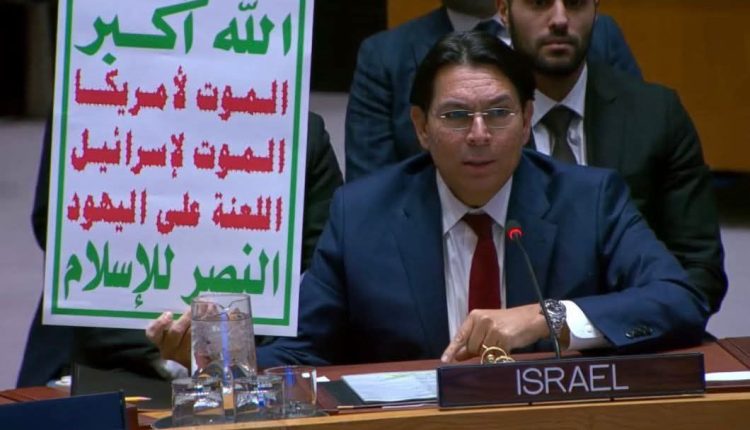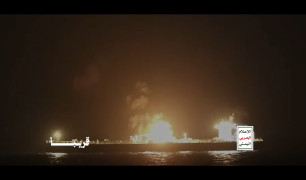مصادر فلسطينية: مروحيات العدو تطلق النار شرق بلدة جباليا شمال قطاع غزة
مصادر فلسطينية: غارات للعدو الإسرائيلي شمال شرق قطاع غزة
مصادر سورية: قوات العدو الإسرائيلي تقيم حاجزا وتفتش المواطنين في محيط قرية الصمدانية الغربية بريف القنيطرة الأوسط
الهلال الأحمر الفلسطيني: إصابة شاب برصاص العدو الإسرائيلي على حاجز نزلة عيسى شمال طولكرم بالضفة المحتلة
مصادر فلسطينية: قوات العدو تعتقل رجلا ونجله عقب هجوم المغتصبين على منزله في قرية دير عمار غرب رام الله بالضفة المحتلة
عراقجي: يثبت أصدقاؤنا في المنطقة أنهم أكثر فاعلية وأكثر نفعا من مجموعة أوروبية ثلاثية باتت هامشية وخالية الوفاض
عراقجي: بعد أن كانت أوروبا طرفا محوريا في الحوار لم يعد لها اليوم أي حضور يُذكر
عراقجي: ألمانيا تتصدر المشهد في التسليم الكامل لسياساتها الإقليمية للكيان الإسرائيلي
عراقجي: الاتحاد الأوروبي فقد كل ثقله الجيوسياسي في منطقتنا
وزير الخارجية الإيراني عباس عراقجي: من المحزن أن نرى مؤتمر ميونخ للأمن المعروف عادة بجديته يتحوّل إلى "سيرك ميونخ" عندما يتعلق الأمر بإيران







































































